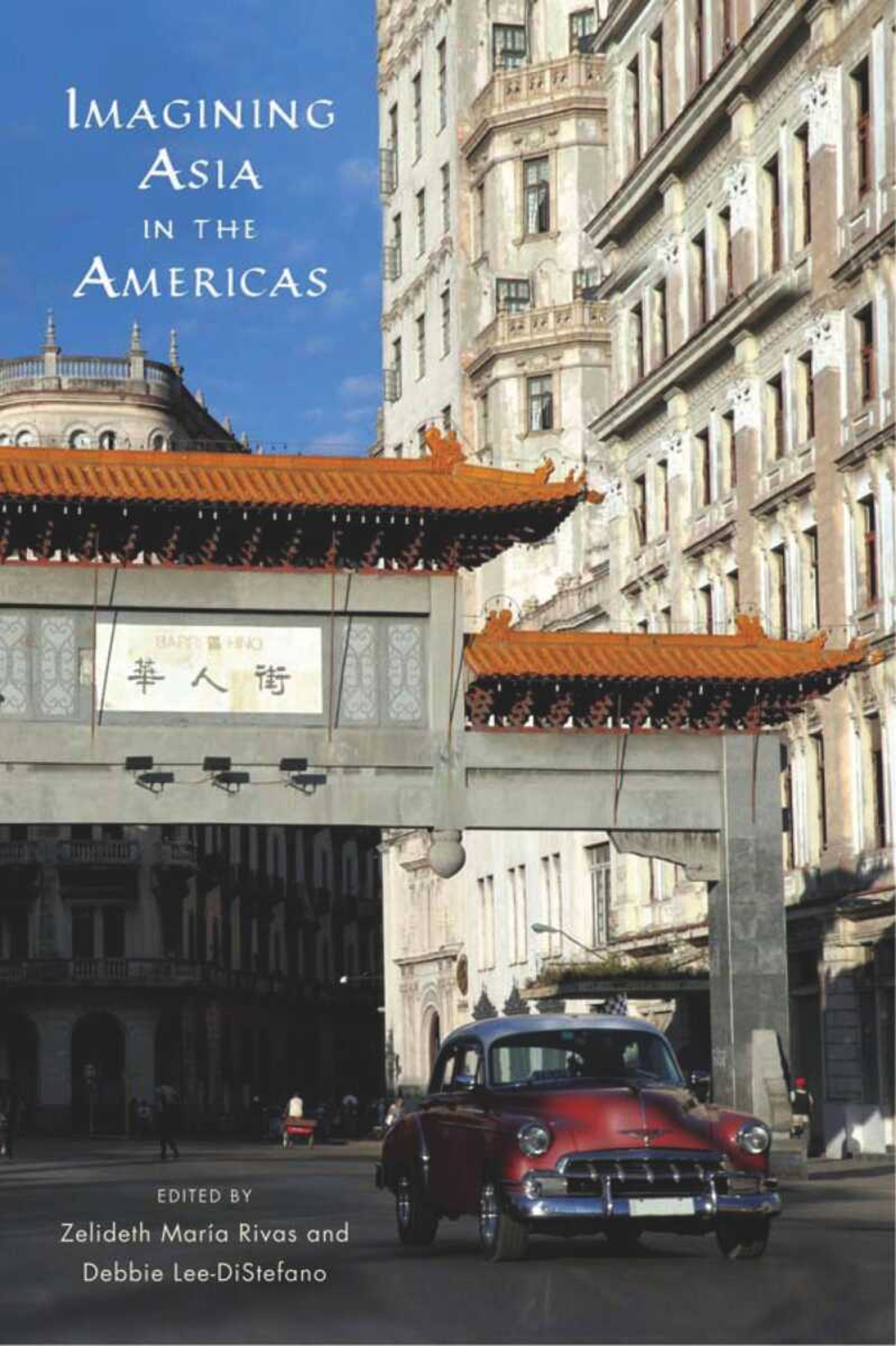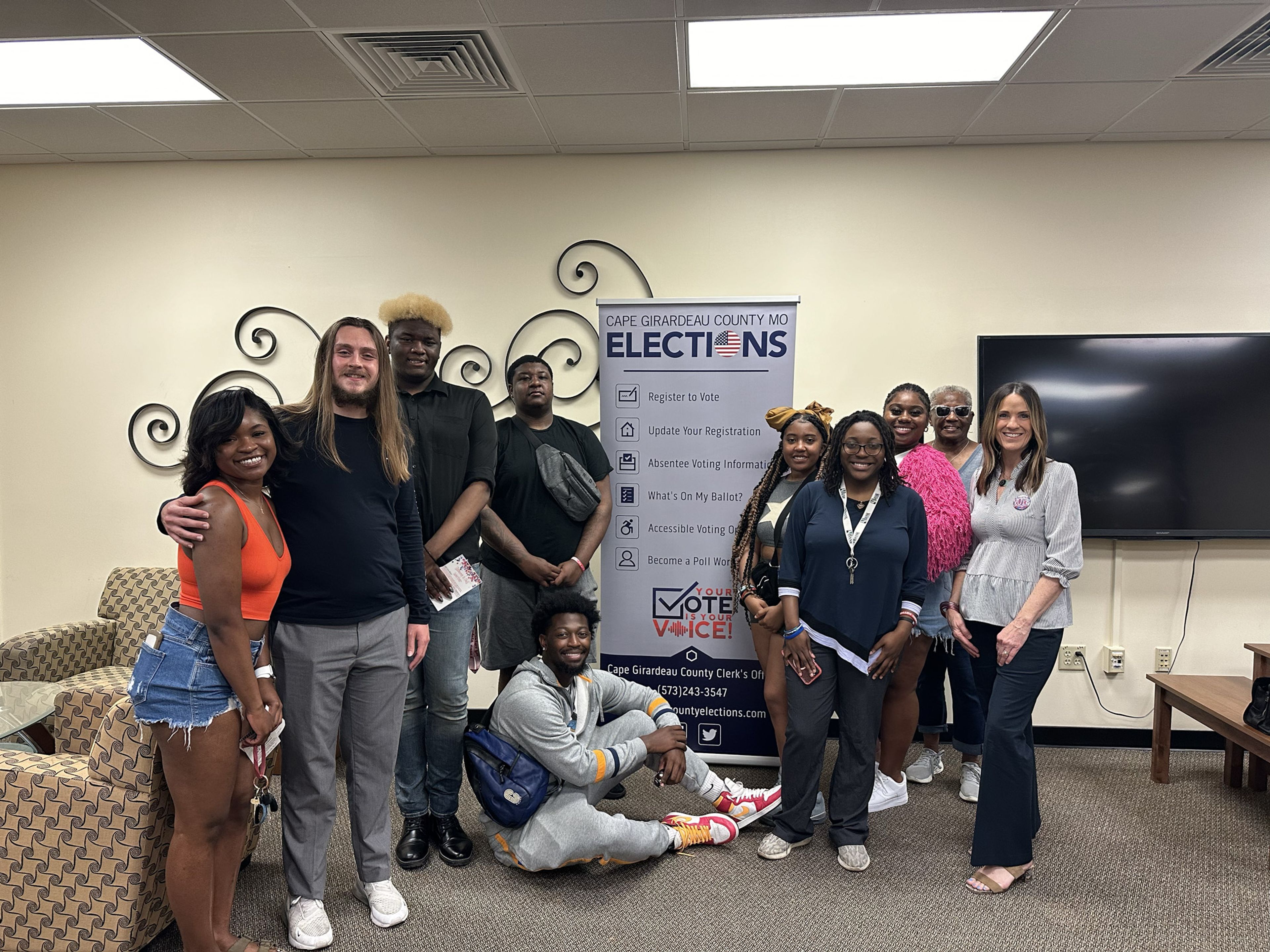Dr. Debra Lee-Distefano, professor of Spanish at Southeast Missouri State University, co-edited and wrote the introduction for the book "Imagining Asia in the Americas" that will be released in September.
The book is a collection of papers written by various academic professionals focusing on different groups of people with Asian backgrounds.
"It's focusing on different aspects of different groups of Asian background and what it means to live in the context of America, from Alaska to Patagonia, it's not just the United States," Lee-Distefano said.
Lee-Distefano said the idea for the book came in 2012 from a symposium held at Southeast where academic professionals had the chance to present their research on the subject of Asians in the Americas.
"This has been [a topic] of many of my colleagues for a long time," Lee-Distefano said. "So I talked with the provost, I talked with my chair at the time, I talked with many people and got the funds, and we had this symposium. It was the first symposium on Asians in the Americas."
After that initial symposium, another one followed at Pepperdine University in 2013 and again at Rutgers University in 2014. Dr. Zelideth Rivas, assistant professor of Japanese at Marshall University, co-edited the book and put a book proposal together for Rutgers University Press in 2014.
"I called Rutgers University Press, some of the editors that I knew there, and asked if there would be interest in a book like this," Rivas said. "They responded enthusiastically, so I went ahead and put a proposal for them, got everyone on a timeline and mapped out how the book would look with Dr. Distefano and that's where it all started to happen."
As a Spanish professor, Lee-Distefano said there are groups of Asian-Latinos most people are not aware of, and some of those groups will be discussed in the book.
"We've had Spanish-speaking people of Asian descent for hundreds of years, it's just that people only look at somebody ... but they forget all of the many backgrounds that are there," Lee-Distefano said. "That's what we are trying to bring to light, is that what it means to be American doesn't mean white -- anyone who has come here is American and their backgrounds."
Lee-Distefano said the concepts in the book can be seen as a way to educate people about diversity and to break down stereotypes.
"We live in the Midwest, it's not that we don't have [diverse] people here, it's just we're not used to seeing them so often, we don't realize they're American, we might automatically see them as foreign," Lee-Distefano said. "Our hope is that we get people to question what they see and their perceptions of what they see because our perceptions are guided by things other than facts."
Rivas said the stories in the book are important to know because multiculturalism isn't something new, it's been happening for many years throughout history.
"This is not a static thing, this is not a recent thing," Rivas said. "We have to go back and start looking at these populations but also look at how the populations have been there since the 1600s and how this is what makes up the Americas -- this is what makes the Americas multicultural."
Lee-Distefano said even though she didn't write a chapter in the book, she wanted to give these stories an opportunity to be told.
"It really is to bring knowledge, to give people a venue to tell stories. If what I can do to help is to put out platforms for people to say these kinds of things, that's the inspiration for this," Lee-Distefano said. "For me, this is academic activism, this is my way of doing social justice but through the academic world."





